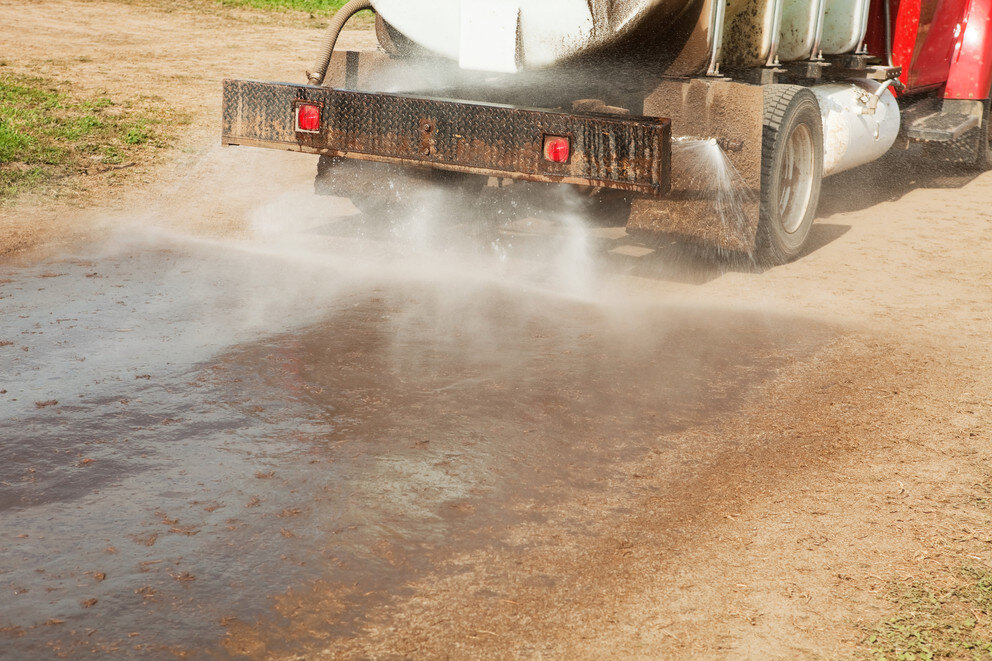
[This blog was originally posted on March 23, 2020, and has been updated.]
As the world has been turning on its head during these uncharted times of the COVID-19 pandemic, we here at CCJ have continued to keep our eyes on some of the more troubling proposed environmental bills. One bill in particular, Senate Bill (SB) 790, is seeing a massive push. On October 21, 2019, the Senate passed SB 790 by a vote of 26 – 23. The vote was held, without debate, as soon as the bill left the Appropriations Committee. The House also passed this bill. However, they amended it. Now, the amended bill is being sent back to the Senate for consideration. It is likely to be pushed to the floor this week for review.
Introduced by Senator Joe Scarnati, SB 790 provides economic benefits to the conventional oil and gas well drillers and places the public and the state’s environment at risk. It does this by relaxing the environmental standards currently in place to protect our land and water.
SB 790 Allows Industry to Dump Over a Thousand Barrels of Waste per Year
SB 790 is a tool to allow the oil and gas industry to continue to remove the Commonwealth’s natural resources while placing our health and safety at risk. For example, SB 790 allows industry to spill up to 2 barrels of oil and up to 5 barrels of oil and gas water (brine) per day per well without reporting it. Therefore, our elected officials are essentially signing off on permitting each oil and gas operator to spill up to 730 barrels of oil and up to 1,825 barrels of brine per well a year.
These spills eventually end up in our waterways and even in some residents’ drinking water sources. Brine has a tremendously negative effect on our water and our health. In 2019, researchers at Penn State University published a report that showed that it took 1,600 times the dilution of oil and gas brine to reach drinking water quality standards. This is because the brine mixture contains numerous harmful toxins within it, such as radium. Additionally, the likelihood of this brine running into other water systems used for drinking water and recreation is high. This poses a considerable threat to our very own health, let alone the health of our streams and rivers and all of the wildlife that depends upon them. Surprisingly, the majority of our elected officials have thought this to be a good idea.
SB 790 Backtracks Water Quality Standards for Public Drinking Water
SB 790 states that its purpose is to “[p]rotect the safety and property rights of persons residing in areas where mining, exploration, development, storage or production occurs.” Yet the bill allows the oil and gas industry, after they have polluted your drinking water source, to deliver water that does not meet the standards of the state’s Safe Drinking Water Act (SDWA). After the oil and gas industry has discovered that they polluted your drinking water source, they must deliver water that meets the SDWA. However, SB 790 removes this requirement. Instead, the legislation should continue to require that the oil and gas industry comply with our state’s Safe Drinking Water Act by delivering safe water for you and your family.
SB 790 Perpetuates the Issue of Legacy Wells, Possibly Costing the Taxpayers Millions
Currently, under PA law, for a new conventional well permit to be issued, the operator of the well must buy a bond from the DEP. There are two types of bonds, a single well bond or a blanket bond. The cost of these bonds varies and depends on the well and how many wells there are. A blanket bond allows the operator to essentially place an unlimited number of wells under the one single bond. Those bonds’ purpose is to ensure that wells are properly sealed if the operator is financially unable to properly seal the well when they are finished extracting the oil or gas.
The problem is that these funds are not sufficient to seal the wells properly. Additionally, Pennsylvania already faces a wide-ranging and expensive legacy of abandoned wells. Currently, Pennsylvania has anywhere from 200,000 – 750,000 abandoned wells. DEP is tasked with ensuring that these abandoned wells are properly sealed but lack the proper funding. DEP spends about $400,000 a year on plugging wells. This budget only allows the DEP to seal 10-12 wells a year properly. At this rate, it would take the state 17,500 years to work through its backlog of abandoned wells, all while SB 790 forgoes this issue entirely and allows operators to continue to blanket bond their wells at a rate that is insufficient to plug one well properly. If our elected officials honestly had our best interest in mind, they would address this issue head-on and adjust bonding amounts for the conventional industry to reflect the true and accurate cost of properly plugging each well.
It is the responsibility of our elected officials to ensure that proper legislation is voted upon that protects the Commonwealth and protects jobs. SB 790 is just another bill to add to the list that omits the residents of the Commonwealth’s health and safety and focuses exclusively on the economic benefits to industry. The fact remains that oil and gas are located under this great state. As long as it is legal to extract it, the least that our elected officials could do is ensure that procedures are put in place that will protect our health, our families, our land, and our future.

